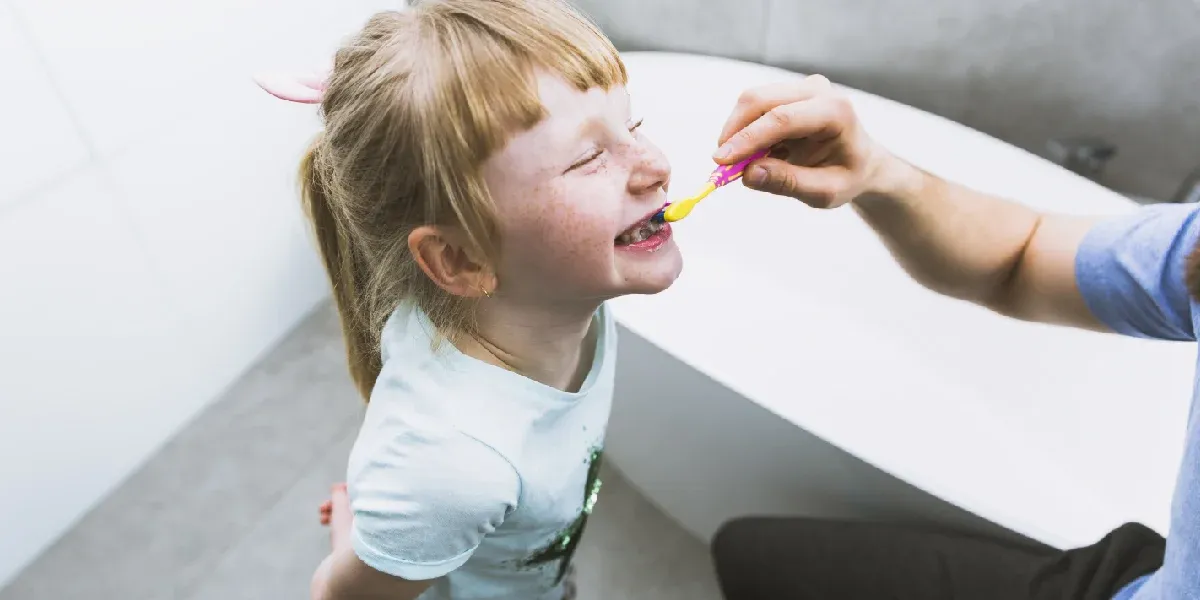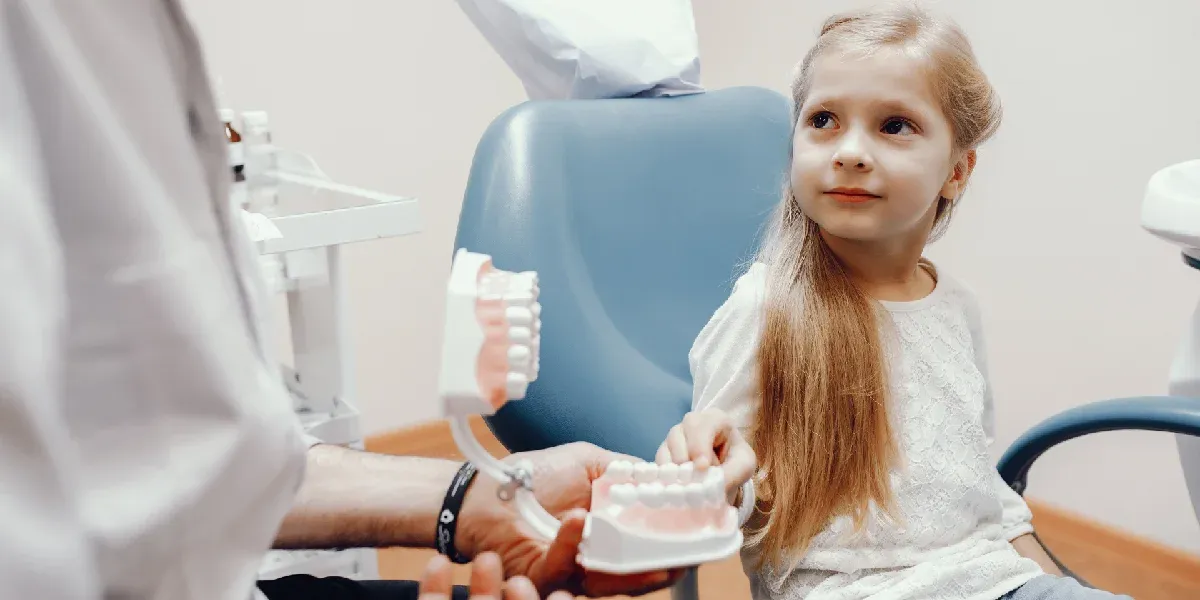
5 Warning Signs of Dental Emergency in Children
Around 3.5 billion people in the globe have at least one oral health disease. Most parents work hard to prevent dental cavities and other problems in children. However, a dental emergency in children can sometimes make things worse for your child.
Generally, any dental problem that needs immediate care and attention falls under a dental emergency. It mainly includes treatment to stop bleeding, save a tooth, or alleviate toothache. Knowing how to identify a dental emergency ensures a quick treatment and being well prepared beforehand. Here is the list of 5 warning signs of dental emergency that you must know to protect your child’s oral health.
Severe Tooth Pain
Sometimes, the child experiences severe toothache that is beyond his control. No matter what you do, it doesn’t go away even with a pain-alleviating medicine such as child-safe ibuprofen. If your child mentions constant tooth or jaw pain, be ready to visit the dentist right away.
Severe toothache indicates several problems, for instance, root damage or tooth decay. It might need a tooth filling, a root canal procedure, or even a tooth extraction. Toothaches typically indicate that your child might be suffering from a dental infection or going through an injury. Whatever the case is, prepare your child for a dental visit to address the problem quickly. The common symptoms of severe toothache are listed below.
- Persistent pain in the tooth.
- Tender or sore jaw around the tooth.
- High tooth sensitivity.
- Pain gets worse upon touching the tooth.
Knocked-out Tooth

A child might get a permanent tooth knocked out due to a sports-related injury or an accident. A knocked-out tooth indicates a dental emergency, and you should immediately seek dental help.
As a parent, you need to take the following steps to preserve the child’s tooth:
- Hold the tooth by the crown, not by the roots.
- Rinse it with water, and do not add anything else.
- Reposition the tooth immediately in the socket.
- If you can’t place it back, put it in a glass of milk.
- Visit the dentist within 30 minutes to preserve your child’s tooth.
Excessive Bleeding
Nothing to worry about if you see a little pink in the sink after flossing or brushing. Slight bleeding is common in children and does not indicate a dental emergency. However, it shouldn’t be ignored and could be a sign of sticky plaque around the gums. If your child experiences too much bleeding, that’s a concern that should address quickly.
Clean the bleeding areas (if you can) before you go to the dentist. Apply pressure with a damp paper towel to ease your child.
Constant Jaw Pain
Often, jaw pain doesn’t indicate a severe disease; however, it’s pretty uncomfortable for the child. If your child mentions constant jaw pain and has problems with chewing, take him to the dentist. Some of the symptoms of recurrent jaw pain in children include:
- Chewing or biting problem.
- Ear pain.
- Tenderness around the jaw.
- Aching facial pain.
Swollen Jaw

A swollen jaw may indicate an ongoing infection and result from numerous reasons. It could be due to abnormalities within the jaw structure, swollen glands, or issues in gums or teeth. A swollen jaw causes significant discomfort and pain and could interfere with your child’s well-being. Therefore, take him to the dentist to identify the reason and get the treatment as soon as possible.
Final Thoughts
A dental emergency can happen to anyone; however, the reaction makes all the difference. Kids can have sports accidents, and it may injure their teeth. Also, there could be other reasons that can disrupt the child’s oral health functioning. Be mentally prepared as a parent and reach out to the dentist immediately. Once you know the signs of a dental emergency, ensure that your child receives dental intervention directly.
Contact your Stockton dentist for kids, Sajjad Rizvi DDS, at Happy Kids Dental to know about dental emergency in children.
Resource:
Common Dental Problems In Children
This media/content or any other on this website does not prescribe, recommend, or prevent any treatment or procedure. Therefore, we highly recommend that you get the advice of a qualified dentist or other medical practitioners regarding your specific dental condition.
Subscribe To Our Newsletter
Get Updates And Learn From The Best


